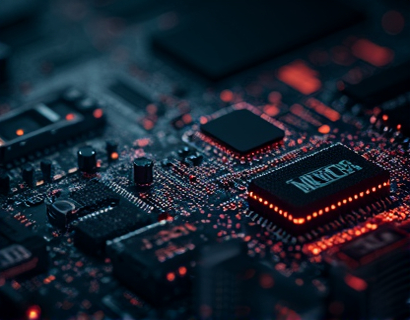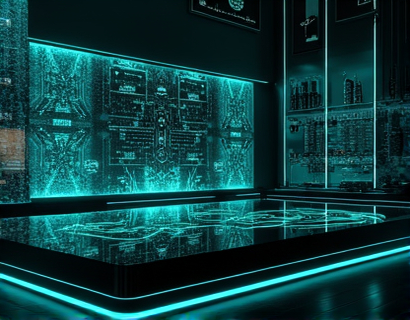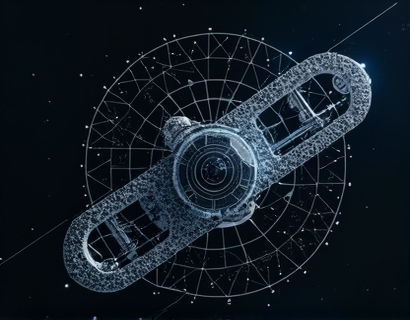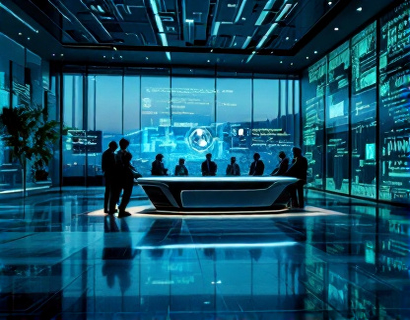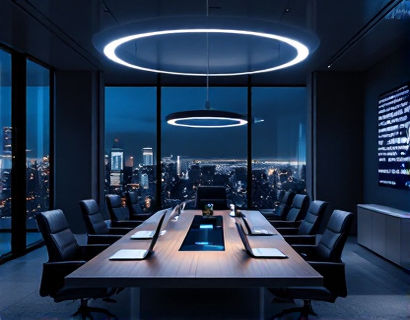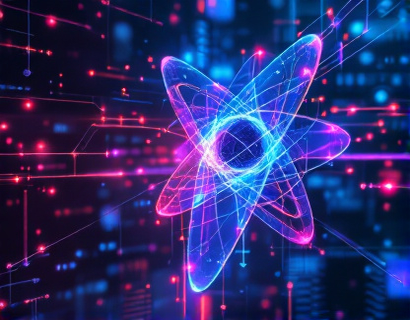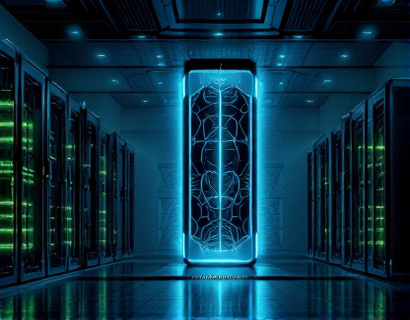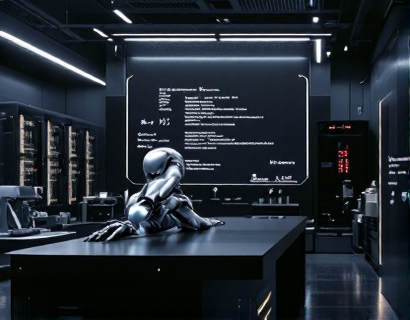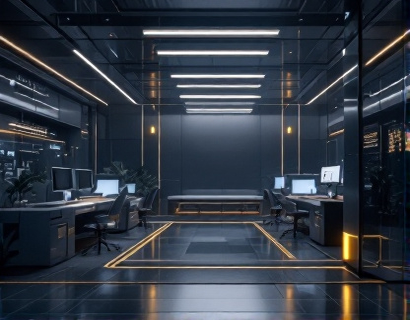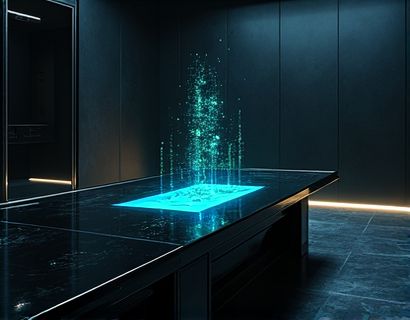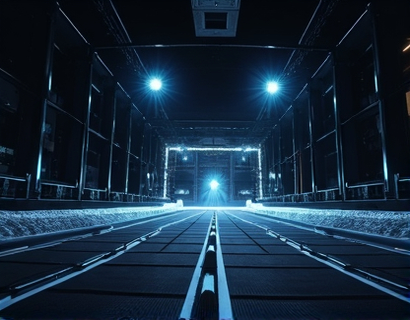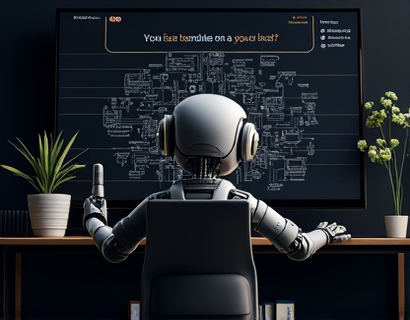Advanced Lighting and Sound Hardware Solutions: Streamlining Event Production with Cutting-Edge Control Technology
In the dynamic world of event production, the integration of advanced lighting and sound hardware is crucial for creating an immersive and memorable experience for attendees. The complexity of managing these systems can often pose significant challenges for event planners and production managers. However, with the advent of sophisticated hardware management software, the process has become more streamlined, efficient, and reliable. This article delves into the transformative impact of cutting-edge control technology on event production, focusing on how these tools maximize audio-visual impact while ensuring seamless integration and optimal performance.
Understanding the Importance of Advanced Control Systems
The foundation of any successful event lies in the seamless execution of its audio-visual components. Lighting and sound systems are not just supplementary elements but integral parts that set the mood, enhance the atmosphere, and guide the audience's emotional journey. Traditional methods of managing these systems often involve manual adjustments, which can lead to delays, inconsistencies, and a higher risk of technical issues. Advanced control technology addresses these challenges by providing a unified platform for managing all aspects of lighting and sound, thereby elevating the overall production quality.
Key Features of Advanced Hardware Management Software
Modern hardware management software is designed with a range of features that cater to the diverse needs of event production. These systems offer centralized control, allowing users to manage multiple devices and systems from a single interface. This consolidation not only simplifies the setup process but also reduces the likelihood of errors. Key features include:
- Real-time monitoring and control of all connected devices
- Pre-programmed scenes and cues for quick and precise adjustments
- Integration with various lighting and sound protocols
- Customizable user interfaces for intuitive operation
- Remote access and control capabilities
These features collectively contribute to a more efficient and error-free production process, enabling event professionals to focus on the creative aspects of their work.
Enhancing Reliability and Consistency
One of the most significant benefits of advanced control systems is the enhancement of reliability and consistency. By automating routine tasks and providing precise control over each component, these systems minimize the risk of human error. For instance, pre-set scenes can be executed flawlessly every time, ensuring that the intended visual and auditory effects are delivered consistently throughout the event. This level of reliability is particularly crucial for large-scale productions where the margin for error is minimal.
Moreover, advanced systems often include diagnostic tools that can detect and alert users to potential issues before they become critical. This proactive approach to maintenance helps prevent downtime and ensures that the event runs smoothly from start to finish.
Streamlining Integration and Compatibility
Compatibility and integration are paramount in event production, as lighting and sound systems often come from different manufacturers with varying protocols. Advanced hardware management software bridges this gap by supporting a wide range of devices and protocols, including DMX, Art-Net, and OSC. This versatility ensures that all components work harmoniously, regardless of their origin. The ability to integrate multiple systems under a single control interface not only simplifies the setup process but also enhances the overall coherence of the production.
Furthermore, these systems often come with extensive libraries of compatible devices, making it easier for producers to incorporate new equipment without extensive reprogramming. This flexibility is invaluable for event planners who need to adapt to changing requirements or incorporate last-minute additions.
Optimizing Performance and Efficiency
Efficiency is a key consideration in event production, where time and resources are often limited. Advanced control systems optimize performance by reducing the time required for setup and teardown. Automated routines and presets allow for quick transitions between different scenes and configurations, minimizing downtime and maximizing the use of available time. This efficiency is particularly beneficial for events with tight schedules or multiple back-to-back performances.
Additionally, these systems can help in managing power consumption and heat dissipation, contributing to a more sustainable and environmentally friendly production. By optimizing the operation of lighting and sound equipment, event producers can reduce energy usage and lower operational costs.
User-Friendly Interfaces and Training
Despite their complexity, advanced hardware management systems are designed with user-friendliness in mind. Intuitive interfaces and clear navigation make it easier for operators to manage the systems, even those with limited technical expertise. This accessibility is crucial for ensuring that all team members can effectively utilize the technology, thereby enhancing the overall production quality.
Many software solutions also offer comprehensive training resources, including tutorials, webinars, and user manuals. These resources help users get up to speed quickly, ensuring that they can leverage the full potential of the system from the outset. Continuous support and updates further ensure that users remain proficient as new features and protocols are introduced.
Case Studies and Real-World Applications
To illustrate the practical benefits of advanced control systems, consider a large-scale music festival where multiple stages require synchronized lighting and sound. Without a centralized control system, coordinating the transitions between acts and ensuring consistent visual effects across all stages would be a daunting task. With advanced hardware management software, the production team can pre-program each stage's setup, ensuring that the switchover is seamless and the audience's experience is uninterrupted.
Another example is a corporate event where brand consistency is crucial. Advanced control systems allow for precise control over lighting colors and patterns, ensuring that the visual elements align perfectly with the brand's identity. This level of customization and control is essential for creating a cohesive and impactful presentation.
Future Trends and Innovations
The field of event technology is rapidly evolving, with ongoing advancements in areas such as artificial intelligence, machine learning, and wireless connectivity. Future control systems are likely to incorporate AI-driven automation, enabling even more intelligent and adaptive control over lighting and sound. These innovations will further enhance the efficiency and creativity of event production, opening new possibilities for producers and artists alike.
Wireless technology is also advancing, reducing the need for extensive cabling and making setup more flexible. This trend towards wireless systems will continue to simplify the production process and reduce logistical challenges.
Conclusion
Advanced lighting and sound hardware management software represents a significant leap forward in event production technology. By streamlining the control and integration of audio-visual systems, these tools not only enhance the reliability and consistency of events but also empower producers to focus on the creative aspects of their work. As the industry continues to evolve, the adoption of such technologies will become increasingly essential for delivering exceptional experiences that captivate and engage audiences.



